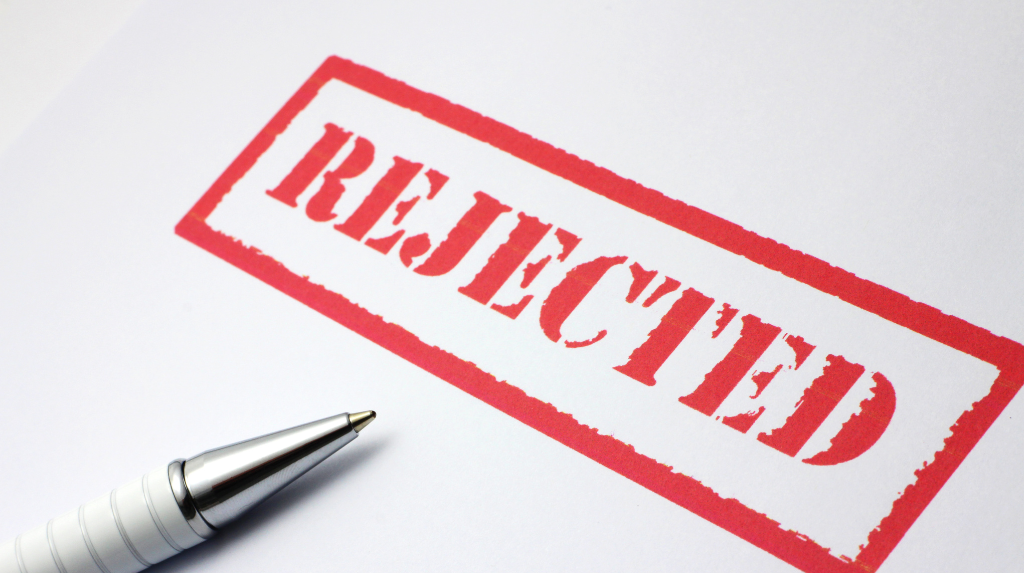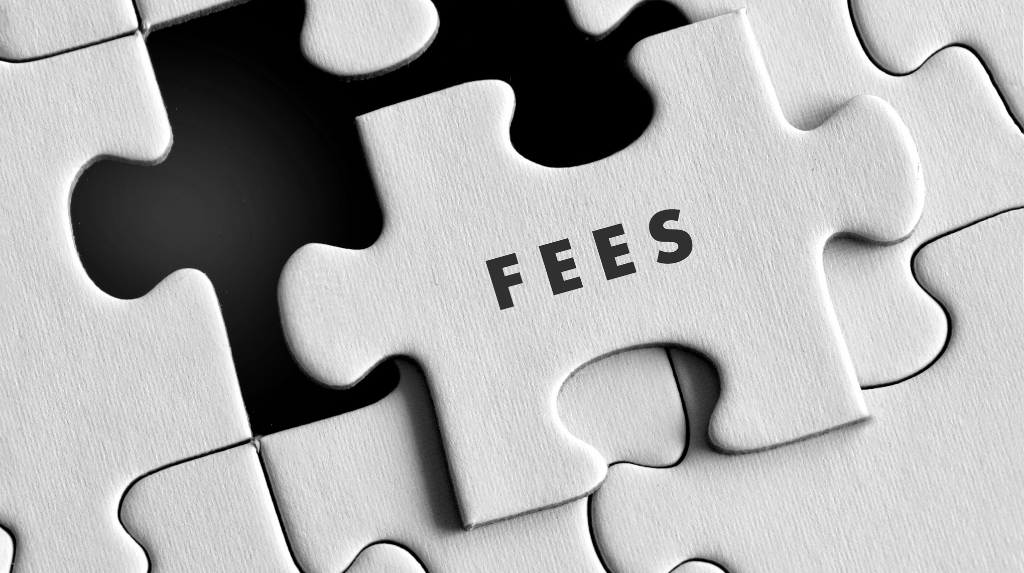Obtaining a visa to enter the Netherlands can be an exciting but challenging process. However, it is not uncommon for individuals to face visa rejections for various reasons. In this comprehensive guide, we will explore the Netherlands visa rejection reasons, shedding light on the factors that can lead to denials. Whether you are a traveller, student, or professional seeking entry into the Netherlands, understanding these reasons can help you prepare a stronger visa application and increase your chances of approval.
Netherlands Visa Rejection Reasons
When it comes to visa rejections, several factors can contribute to an unfavourable decision. In this section, we will delve into the main reasons behind Netherlands visa rejections, providing valuable insights and guidance to help you avoid these pitfalls.
Insufficient Financial Resources
One of the most common reasons for visa rejections is the inability to demonstrate sufficient financial resources. The Dutch immigration authorities want to ensure that applicants can support themselves financially during their stay in the Netherlands. This includes covering accommodation, daily expenses, and any unforeseen circumstances that may arise.
To avoid this rejection reason, it is crucial to provide clear and comprehensive documentation of your financial situation. This may include bank statements, proof of employment or income, and sponsorship letters, if applicable. By providing solid evidence of your financial stability, you can strengthen your visa application and increase your chances of approval.
Inadequate Purpose of Visit
Another significant factor that can lead to visa rejections is an unclear or insufficient purpose of visit. When applying for a visa, it is crucial to clearly state the purpose of your trip to the Netherlands. Whether it is for tourism, study, work, or visiting family or friends, you must provide convincing and well-documented reasons for your visit.
To avoid rejection based on this reason, it is essential to gather all the necessary supporting documents related to your purpose of visit. For example, if you are travelling for tourism, provide a detailed itinerary, hotel reservations, and any planned activities. If you are visiting for work or study, include acceptance letters, enrollment certificates, and employment contracts. The more comprehensive and convincing your documentation, the better your chances of visa approval.
Lack of Travel Medical Insurance
Travel medical insurance is a mandatory requirement for obtaining a visa to the Netherlands. It is vital to have adequate health coverage that can handle any medical emergencies or unexpected health issues during your stay in the country. Failure to provide proof of travel medical insurance can result in visa rejection.
To avoid this reason for rejection, ensure you have valid travel medical insurance that meets the Dutch immigration authorities’ requirements. Obtain a policy that covers medical expenses, hospitalisation, and repatriation, among other essential aspects. Include a copy of your insurance policy and a letter from the insurance provider clearly stating the coverage details in your visa application.
Incomplete or Incorrect Documentation
Accurate and complete documentation is paramount when applying for a visa. Even a minor oversight or incorrect information can lead to a rejection. It is crucial to thoroughly review the visa application requirements and guidelines to ensure you provide all the necessary documents in the correct format.
To avoid rejection due to incomplete or incorrect documentation, double-check all your paperwork before submission. Create a checklist of the required documents and go through it meticulously. Seek assistance from professionals or consult the website of the Dutch embassy or consulate to ensure you have everything in order.
Previous Immigration Violations
If you have a history of immigration violations, such as overstaying a previous visa or engaging in unauthorised work, your visa application may be rejected. The Dutch immigration authorities take such violations seriously and may consider them as indicators of potential non-compliance in the future.
To overcome this obstacle, it is crucial to address any previous immigration violations in your visa application. Provide a clear explanation, along with supporting documents, if applicable, to demonstrate that you have rectified the situation and are committed to complying with immigration regulations.
Lack of Genuine Ties to Home Country
The Dutch immigration authorities assess whether applicants have genuine ties to their home country. They want to ensure that individuals will return to their home country after their authorised stay in the Netherlands and will not overstay or engage in unauthorised activities.
To strengthen your case and avoid rejection based on this reason, provide evidence of your ties to your home country. This may include property ownership, employment contracts, family responsibilities, and any other commitments that demonstrate your intention to return. The more convincing your evidence, the higher the chances of visa approval.
FAQs
Can a visa rejection affect future visa applications?
Yes, a visa rejection can impact future visa applications. It is essential to address the reasons for the previous rejection and provide additional evidence or documentation to strengthen your subsequent applications.
How long should I wait before reapplying after a visa rejection?
There is no specific waiting period before reapplying after a visa rejection. However, it is crucial to take the time to address the reasons for the rejection and gather any additional supporting documents before submitting a new application.
Can I appeal a visa rejection decision?
Yes, in some cases, you may have the option to appeal a visa rejection decision. However, it is essential to review the specific guidelines and procedures provided by the Dutch immigration authorities regarding the appeal process.
Is it necessary to hire an immigration lawyer to apply for a visa?
While it is not mandatory to hire an immigration lawyer, seeking professional assistance can significantly improve your chances of visa approval. An immigration lawyer can provide expert guidance, help you navigate the complex application process, and ensure that all your documentation is in order.
Are there any special considerations for student visa applications?
Yes, student visa applications have specific requirements and documentation. It is crucial to thoroughly review the guidelines provided by the Dutch immigration authorities for student visa applications and ensure that you meet all the necessary criteria.
Can a visa rejection affect my ability to travel to other countries?
While a visa rejection in one country may not directly impact your ability to travel to other countries, it is essential to note that visa applications often require disclosure of previous visa rejections. This information can be considered by immigration authorities in other countries during their visa assessment processes.
In conclusion, navigating the visa application process can be complex, but understanding the Netherlands visa rejection reasons can significantly improve your chances of success. By addressing the common factors behind visa rejections, such as insufficient financial resources, inadequate purpose of visit, lack of travel medical insurance, incomplete or incorrect documentation, previous immigration violations, and lack of genuine ties to the home country, you can prepare a stronger visa application.
Remember to thoroughly review the requirements, gather all necessary documents, and seek professional guidance if needed. By doing so, you can enhance your visa application and increase the likelihood of obtaining a visa to enter the Netherlands.
Do you need assistance with your Dutch visa appeal?
Contact our team of skilled immigration lawyers to discuss your visa and immigration needs.
Call us on +234 812 5505 986 or WhatsApp us at +234 818 1547 085 for immediate assistance with your situation. We are available to assist you in person, over the phone, or online.





